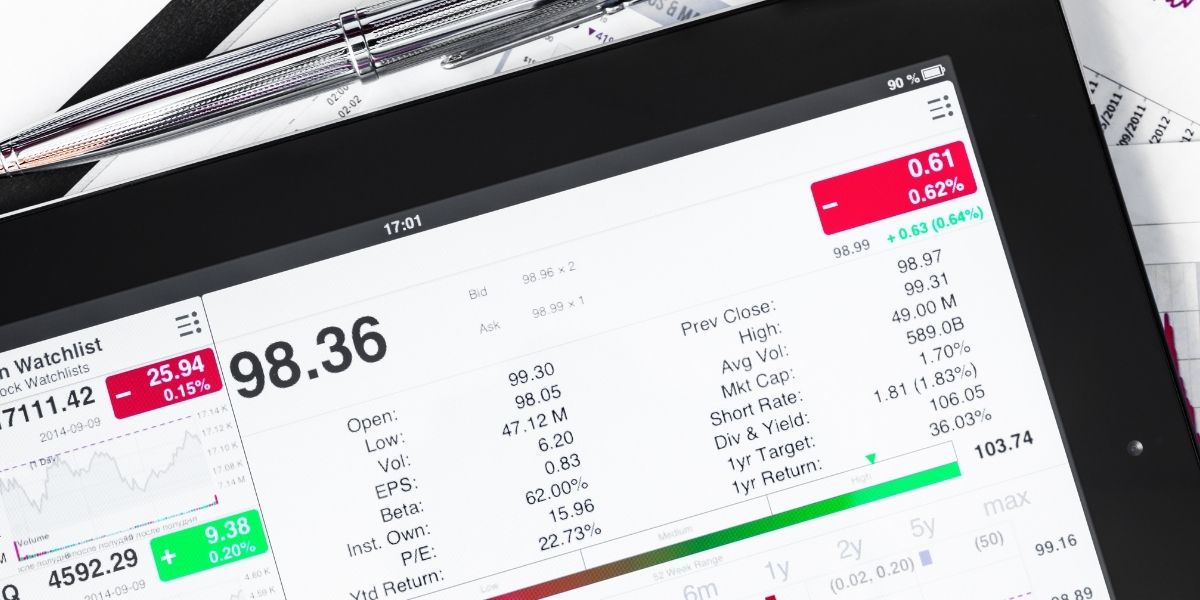- CFPB proposes refunds for crypto theft, extending protection to digital assets like stablecoins.
- 2024 saw $2.2 billion in crypto thefts, with North Korean hackers responsible for most losses.
- CFPB expands “funds” definition, applying traditional consumer protections to digital assets.
The U.S. Consumer Financial Protection Bureau (CFPB) has put forth a proposal that would require crypto firms to reimburse users for losses caused by hacks or exploits. This proposed rule aims to extend the protections of the Electronic Fund Transfer Act (EFTA) to cover digital assets, including stablecoins.
If this passes, it could significantly change how crypto firms deal with security breaches. It would offer a new layer of protection for people affected by crypto theft.
This proposal comes as a response to the rising number of crypto hacks and security breaches. In 2024 alone, blockchain security firm Chainalysis reported 303 hacking incidents, resulting in the theft of $2.2 billion in digital assets.
North Korean hackers were behind over $1.6 billion of those losses. With these numbers in mind, the CFPB wants to boost consumer protection in the growing crypto market. Right now, many crypto firms aren’t legally required to compensate users for stolen funds. This leaves people vulnerable to financial losses with no way to recover their money.
Redefining “Funds” for the Digital Age
This updated regulation expands the definition of “funds” to include assets like stablecoins and other digital assets that people use for exchange or payment. By redefining “funds,” the CFPB wants to bring digital assets under the same protective umbrella as standard fiat currency transactions under the EFTA.
The CFPB argues that assets that serve as a medium of exchange, a store of value, or a means of payment should have the same consumer protections as bank transactions.
CFPB Expands its Reach in Consumer Protection
Besides focusing on cryptocurrency security, the CFPB has also been keeping a close eye on new digital payment methods. This includes looking at how virtual environments, like video games, might intersect with financial regulations.
Read also: August Sees Over $313M Lost to Crypto Hacks, Phishing Attacks Dominate
As payment systems become more common on these platforms, the CFPB wants to make sure that these new digital networks follow consumer protection laws.
Disclaimer: The information presented in this article is for informational and educational purposes only. The article does not constitute financial advice or advice of any kind. Coin Edition is not responsible for any losses incurred as a result of the utilization of content, products, or services mentioned. Readers are advised to exercise caution before taking any action related to the company.










